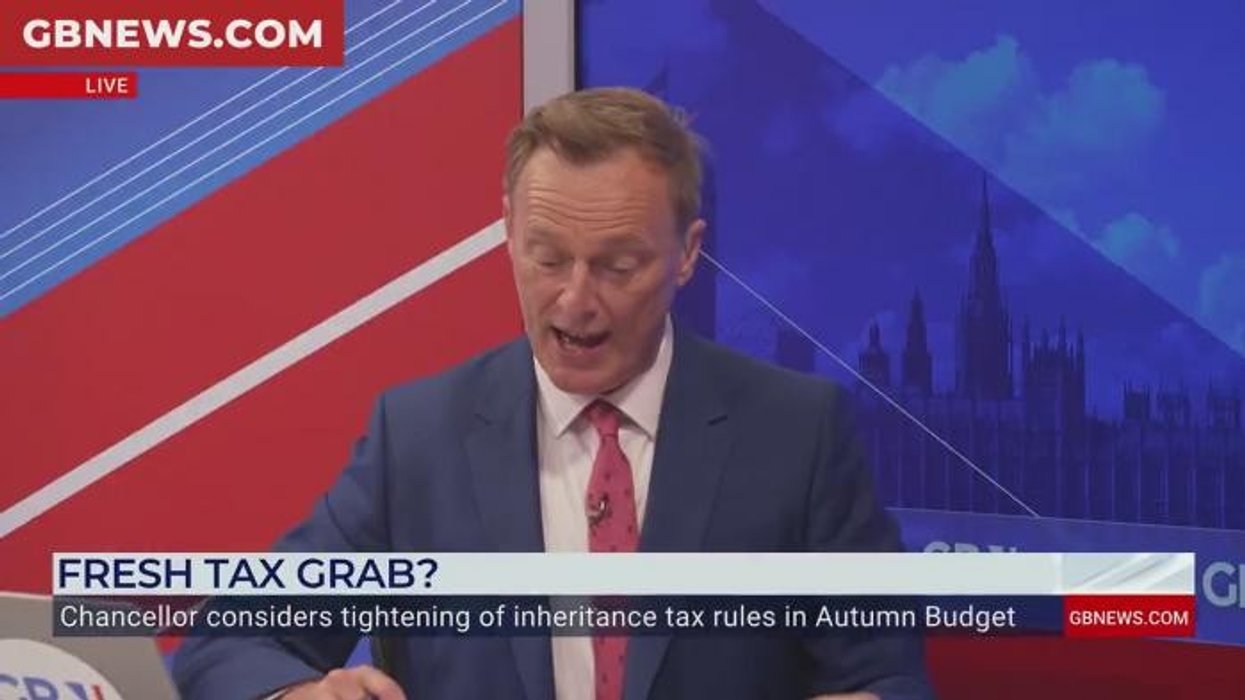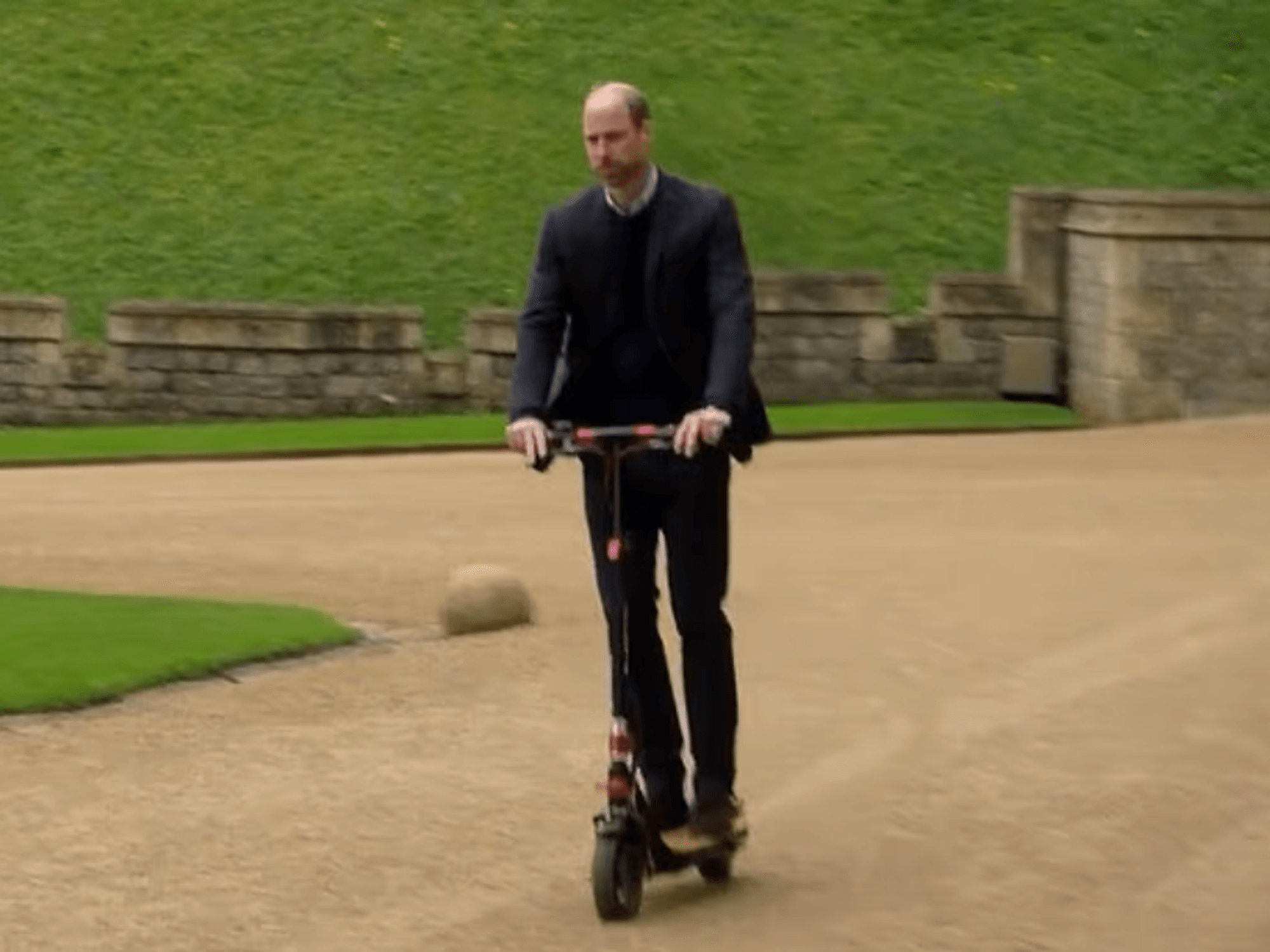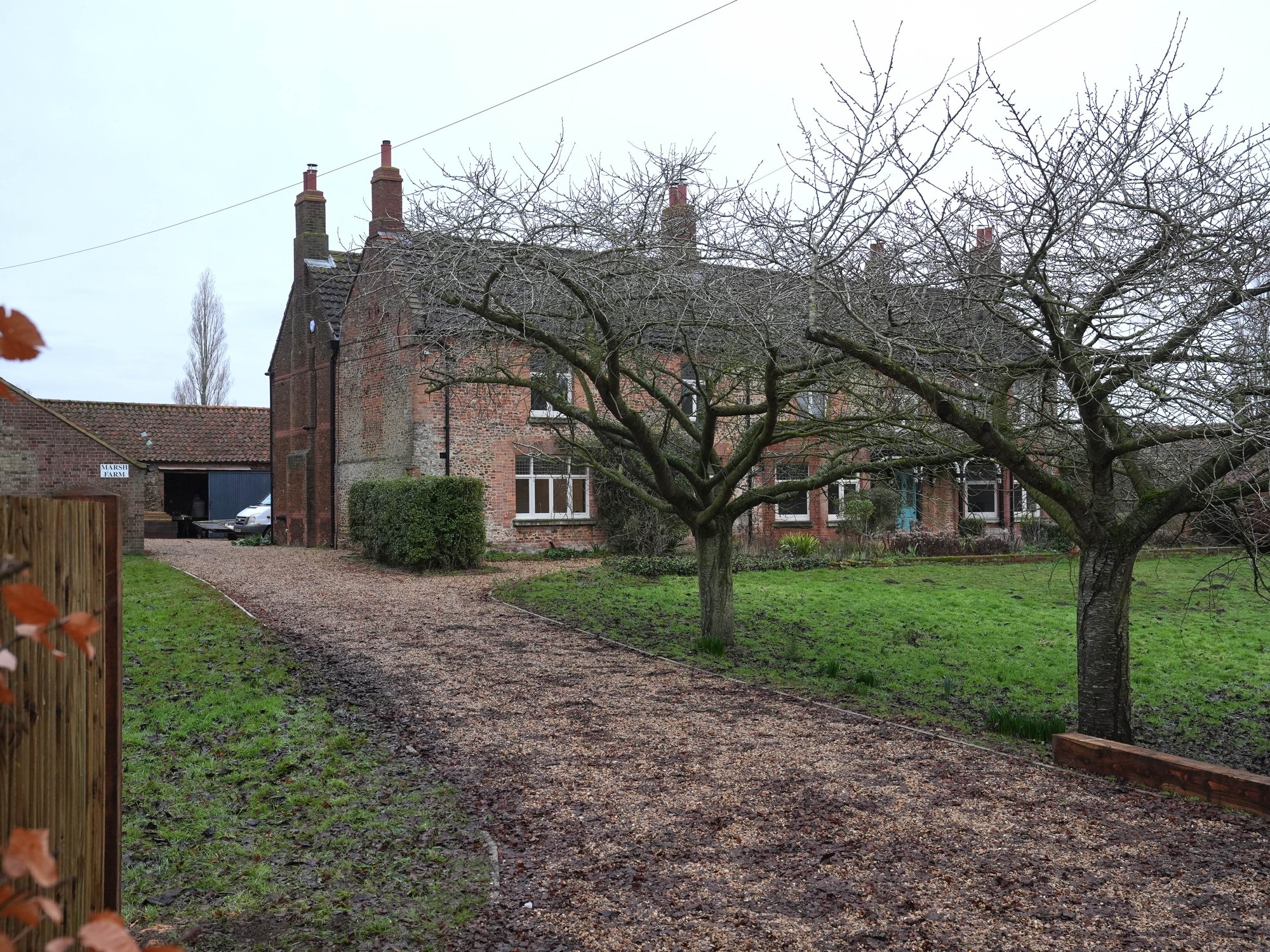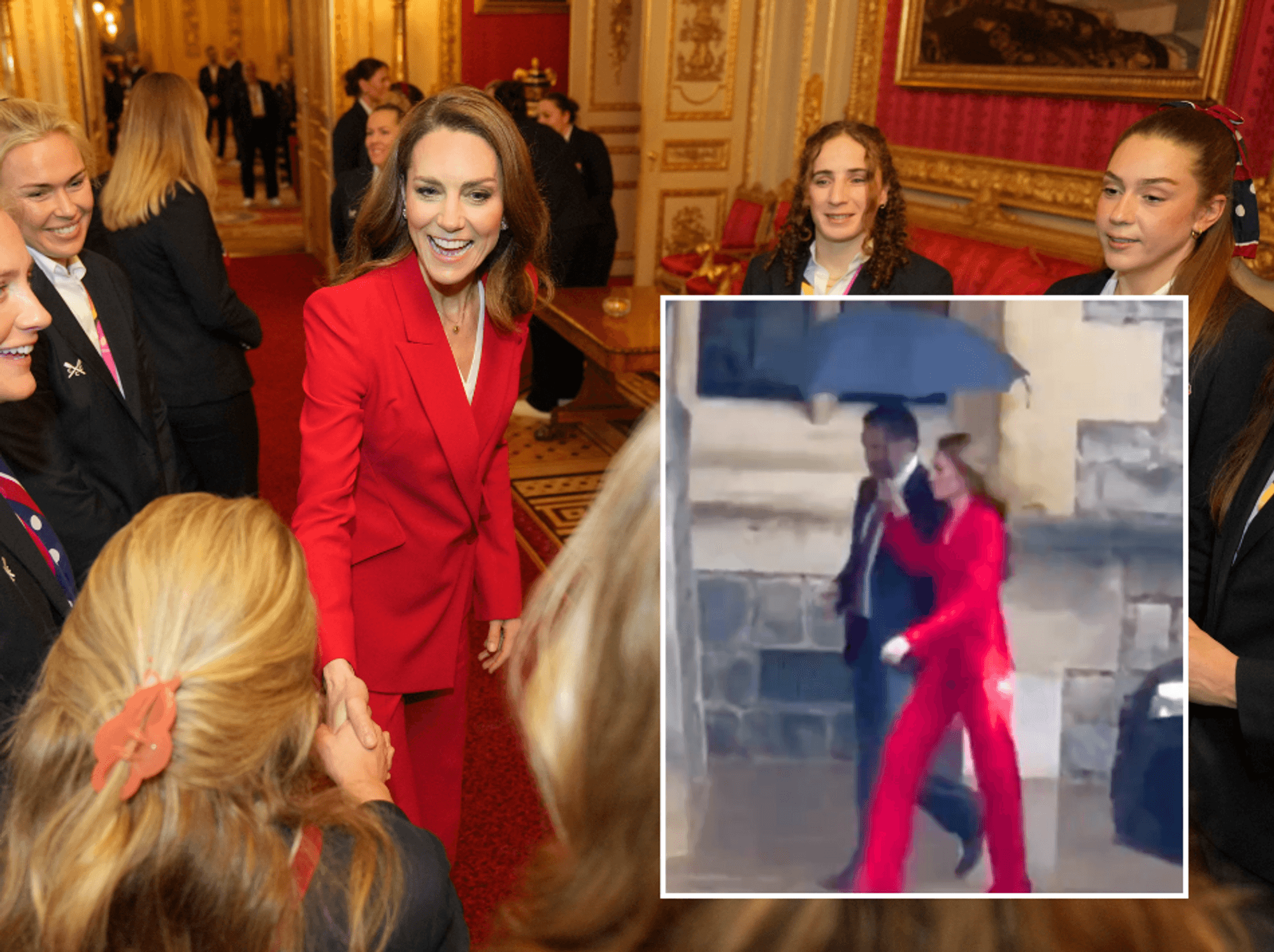Inheritance tax raid fears grow as Rachel Reeves urged to stop 'unfair 67% double tax'

There’s fresh backlash to a crippling 'double tax' that could see families paying effectively 67 per cent inheritance tax on unused pension savings
Don't Miss
Most Read
Thousands of people have signed a petition urging Rachel Reeves to scrap plans to include pensions in inheritance tax.
Campaigners say the move amounts to an "unfair double tax" and could discourage people from saving for retirement.
Rachel Reeves announced the changes in the rules for pension savings in the last autumn budget, which meant that unused pension savings would be brought inside the inheritance tax net in April 2027.
Beneficiaries will face a 'double tax' where inheritance and income tax on pension withdrawals exceed the personal allowance. Pension holders who die before turning 75 are exempt.
The way these taxes are applied means the effective rate climbs to 52 per cent for basic-rate taxpayers, 64 per cent for higher-rate taxpayers and 67 per cent for those paying the additional rate.
A fresh petition has been set up in opposition to the rule change, which has already accumulated multiple thousand signatures.
Do you have a money story you’d like to share? Get in touch by emailing money@gbnews.uk.
The petition states: "When you die, this may result in a disproportionate and unfair double taxation on beneficiaries, which we think results in a disincentive to funding a pension.
"We think the Government need people to take responsibility for providing income in retirement and the simplest and most effective way for the majority to achieve this is a pension.
"We think the tax on pensions funds & death benefits is a disincentive for most people to funding a pension. Many people want to leave their pension fund & death benefits to their chosen beneficiaries (usually children / grandchildren).
"We think this double taxation - income tax and inheritance tax means a lot of beneficiaries may have to pay 67 per cent tax."
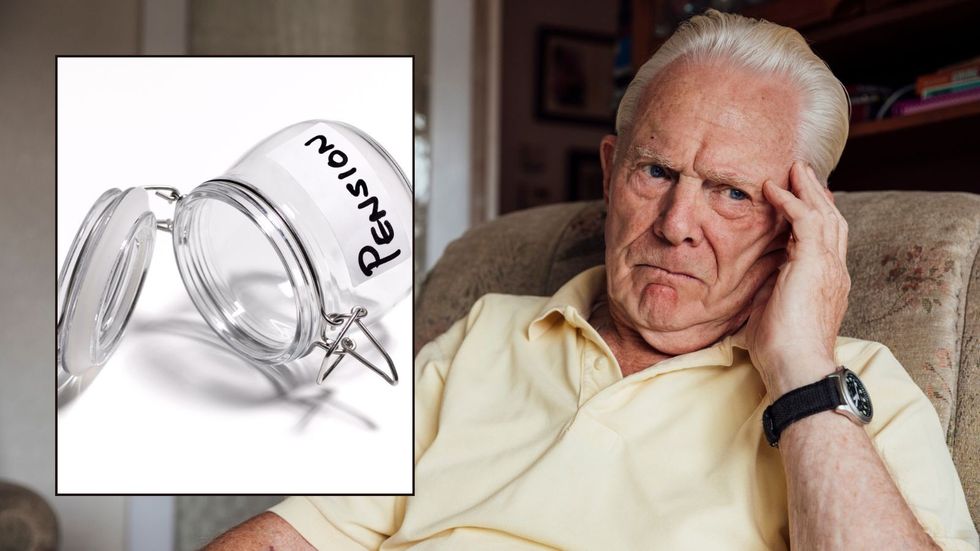
Pension savings are being put under inheritance tax bands from 2027
| GETTYFor example, if Brits inherited a pension worth £200,000 from someone who had already used their tax-free allowances on other assets, the first hit would be a 40 per cent inheritance tax bill, cutting the pot down to £120,000.
Any withdrawals from the remaining £120,000 would then be taxed at your marginal rate, 20 per cent for basic-rate taxpayers, 40 per cent for higher-rate taxpayers and 45 per cent for additional-rate taxpayers.
Basic-rate taxpayers: Twenty per cent of £120,000 is £24,000, leaving them with £96,000 after tax. That means the taxman takes 52p in every pound.
Higher-rate taxpayers: Forty per cent of £120,000 is £48,000, leaving them with £72,000 after tax. The taxman takes 64p in every pound.
Additional-rate taxpayers: Forty-five per cent of £120,000 is £54,000, leaving you with £66,000 after tax. The taxman takes 67p in every pound.
Who Will Be Affected?
The Government forecasts that around 10,500 more estates will be subject to Inheritance Tax (IHT) than before, with an expected £1.46 billion raised annually by April 2030.
This would mark a significant rise in the number of estates impacted. According to the most recent data from 2020/21, just 27,800 estates triggered an IHT charge, which represents about 4.4 per cent of all deaths. With the new changes, this number is set to increase.

Pensioners are concerned about the Government's handling of their pensions.
| GETTY/GB NEWSTraditionally, these higher tax bands were designed for the wealthiest individuals.
However, with wage growth struggling to keep pace with the rising cost of living and tax thresholds remaining unchanged, more everyday workers will find themselves dragged into these higher tax brackets.
Managing income through pensions to optimise tax outcomes can be a complicated and time-consuming task for many.
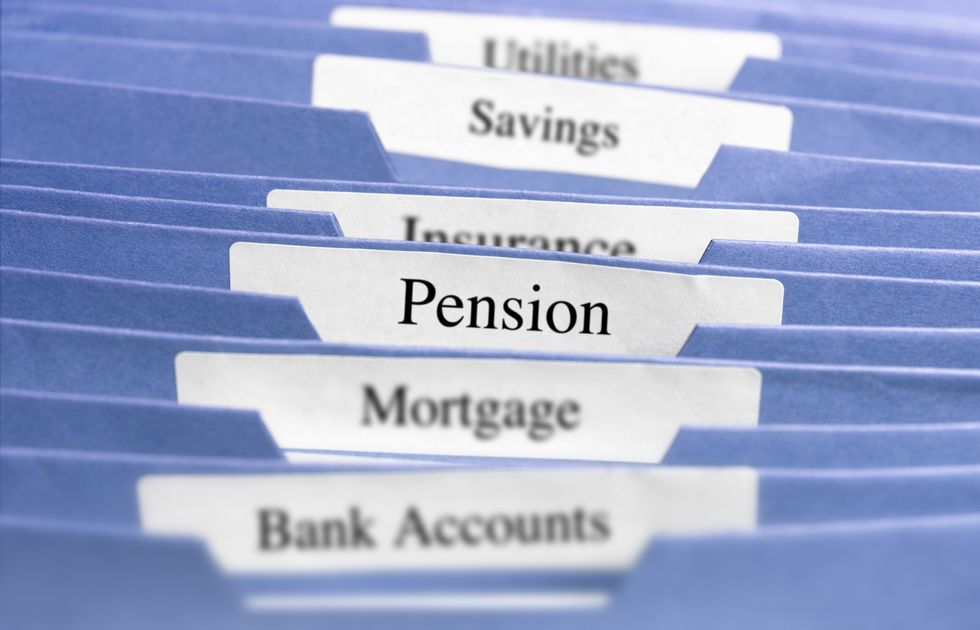 This gap shows how health inequalities directly lead to financial disadvantage in retirement. | Getty
This gap shows how health inequalities directly lead to financial disadvantage in retirement. | GettyMany retirees currently focus on preserving most of their wealth within their pensions, choosing to use assets like ISAs or savings first in order to maximise the amount they can pass on tax-free.
However, with upcoming changes, this strategy is likely to change. A decumulation strategy could become a more tax-efficient option moving forward.
The latest adviser survey from investment firm Schroders shows that 92 per cent of financial advisers have had conversations with their clients about pension IHT changes since the Autumn Budget. The findings suggest savers are adapting their financial plans.
Gillian Hepburn, commercial director at Benchmark, part of the Schroders group said: "The Autumn Budget proposals to include unused pension funds as part of the estate for inheritance tax has turbocharged conversations with clients, not just about pension retirement funding but their broader financial plan.
"This includes increasing conversations around gifting and helping clients to understand the optimum time to transfer assets to the next generation".


